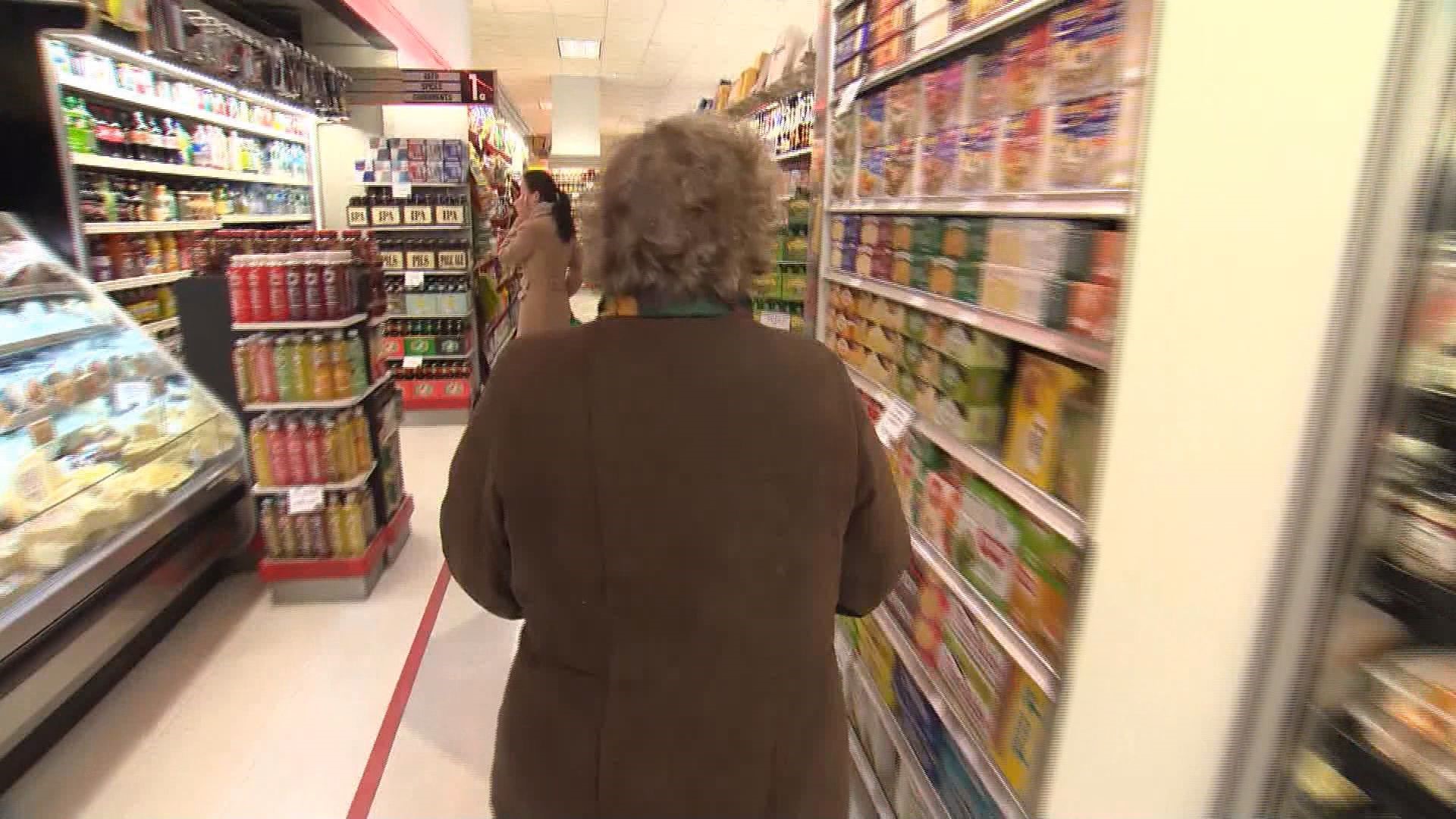DENVER — The US Department of Agriculture (USDA) proposed new rules Tuesday to limit access to food stamps for households with savings and other assets, a measure that officials said would cut benefits to about 3 million people.
USDA said the proposal would result in an annual budgetary savings of $2.5 billion and restrict less needy individuals from qualifying for benefits.


Agriculture Secretary Sonny Perdue said in a statement that the loophole "has been used to effectively bypass important eligibility requirements" and that it's necessary for "preventing abuse of a critical safety net system so those who need food assistance the most are the only ones who receive it."
Hunger Free Colorado Director of Public Policy Kate Kasper, said the rule may have an impact on Colorado families.
Hunger Free Colorado is a statewide non-profit devoted to ending hunger in Colorado. The organization also operates a food resource hotline that connects Coloradans to food assistance resources.
9NEWS sat down with Kasper to learn more about how she thinks the rule change may impact Colorado families.
(Editor's note: Responses have been edited for context and clarity.)
What is the hunger situation like here in Colorado?
Kasper: One-in-11 Coloradans struggle with putting food on their table.
What is the Supplemental Nutrition Assistance Program or SNAP?
Kasper: SNAP is food stamps, so you get a monthly benefit on an electronic benefit card that you use, and that’s based on your income and your eligibility for the program. … It is the first line of defense for folks weathering life’s storms and having difficulty feeding themselves and their families.
What would this new proposal change here in Colorado?
Kasper: In June 2018, Colorado adopted what’s called Broad Based Categorical Eligibility or BBCE, and today the US Dept. of Agriculture announced changes to this rule that strengthens state’s flexibility to allow folks who are having trouble putting food on their table, [and] also struggling with the high costs of childcare, housing, energy. [It allows] them to stay on their food stamps benefits from month-to-month, whether or not their income is raised or lowered.
How will the USDA’s new proposal affect those dealing with hunger here in Colorado?
Kasper: In Colorado, this will affect mainly...families that are near the poverty line, seniors and people with disabilities as well as children of families that are on SNAP, they will lose their free breakfast and lunch benefits.
Where do we go from here?
Kasper: SNAP food stamps encourage work and self-sufficiency, and the administration should be adopting policies that help hard-working families be able to still work, but also afford the childcare costs that their facing, the high housing costs we have in the state of Colorado and still be able to put food on the table for their children.
SUGGESTED VIDEOS | Feature stories from 9NEWS

